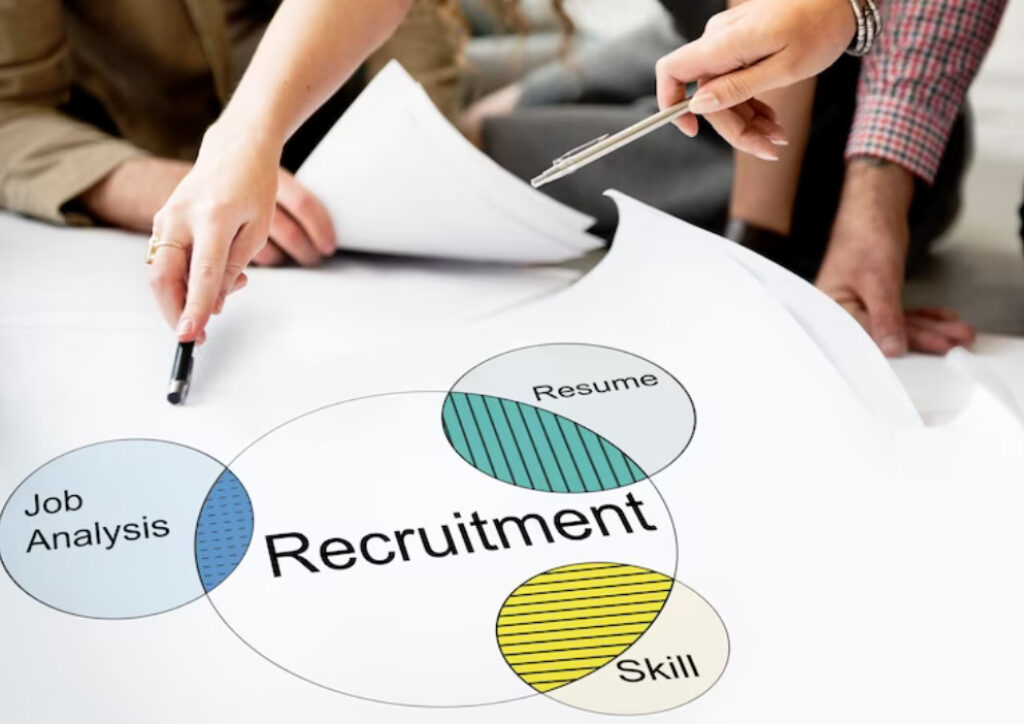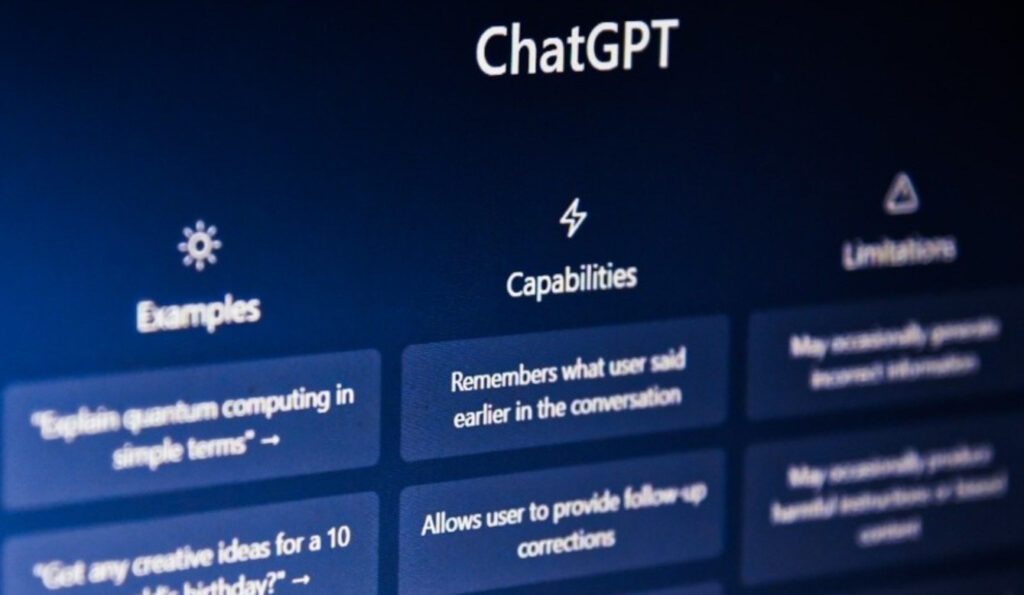Any organization looking to attract and keep top talent must invest heavily in the recruitment process. Traditional hiring practises, however, can be time- and resource-intensive. Let’s talk about ChatGPT, a revolutionary language model created by OpenAI. The recruitment industry is changing because to this AI-powered application, which helps recruiters streamline their procedures and saves them up to 70 minutes of labour each week. We will look at how ChatGPT is transforming hiring procedures and enabling recruiters to make quicker and more informed judgements in this post.
The Challenges of Traditional Recruitment Methods

Recruitment is a complex and multi-faceted process that involves various stages, including sourcing, screening, interviewing, and onboarding. However, these stages often require significant time and effort from recruiters, leading to bottlenecks and delays. Traditional recruitment methods can be plagued with challenges such as:
- Time-consuming candidate sourcing: Identifying and attracting qualified candidates from diverse talent pools can be a daunting task, involving manual resume screening and countless hours spent on job boards and social media platforms.
- Repetitive candidate screening: Evaluating numerous resumes and cover letters, checking for qualifications, and shortlisting candidates are tedious and time-consuming activities that can hinder productivity.
- Inefficient candidate engagement: Coordinating interview schedules, responding to candidate inquiries, and providing timely feedback can consume significant amounts of a recruiter’s time.
The Emergence of ChatGPT in Recruitment

To address the challenges faced by recruiters, AI-powered solutions have emerged as game-changers. Among these solutions, ChatGPT has garnered attention for its ability to understand and generate human-like text, making it an ideal tool for automating various aspects of the recruitment process.
- Intelligent candidate sourcing: ChatGPT can be programmed to scan through vast databases, job boards, and social media platforms, filtering and shortlisting candidates based on predefined criteria. This drastically reduces the time and effort required for sourcing candidates.
- Automated candidate screening: By leveraging natural language processing capabilities, ChatGPT can analyze resumes, cover letters, and application forms to identify qualified candidates. Recruiters can provide the model with specific keywords and qualifications, allowing it to rank and shortlist candidates more efficiently.
- Seamless candidate engagement: ChatGPT can be integrated into applicant tracking systems and recruitment platforms, enabling it to communicate with candidates through chatbots or email automation. This ensures prompt responses to inquiries, interview scheduling, and feedback dissemination, enhancing the overall candidate experience.
Benefits and Limitations of ChatGPT in Hiring

- Time and cost savings: ChatGPT significantly reduces the time spent on manual tasks, enabling recruiters to focus on higher-value activities such as interviewing and building relationships. With an estimated time savings of up to 70 minutes per week, recruiters can handle larger volumes of applicants and increase the efficiency of their hiring process.
- Enhanced candidate screening: ChatGPT’s ability to analyze text and identify relevant qualifications enhances the accuracy of candidate screening, ensuring a higher likelihood of identifying suitable candidates for further consideration. This reduces the risk of missing out on top talent due to human bias or oversight.
- Improved candidate experience: By automating communication and providing timely responses, ChatGPT improves the candidate experience by reducing waiting times and increasing transparency throughout the hiring process. Candidates receive prompt feedback, fostering positive impressions of the organization.
However, it is important to acknowledge the limitations of ChatGPT:
- Lack of contextual understanding: While ChatGPT excels at generating human-like text, it may struggle with understanding complex nuances, context, or sarcasm. This limitation could lead to misinterpretations or inaccurate responses, necessitating human intervention for critical decision-making.
- Potential bias in decision-making: ChatGPT’s training data and underlying algorithms may introduce biases, reflecting the biases present in the data used for its development. Recruiters must remain vigilant to ensure fair and unbiased decision-making.
Conclusion
By enabling recruiters to expedite their hiring procedures and save critical time, ChatGPT has completely changed the recruitment industry. Recruiters may concentrate on developing relationships and reaching more informed judgements by automating processes like candidate sourcing, screening, and interaction. It’s critical to balance automation with human judgement, though, and to be aware of the limitations of AI-powered technologies like ChatGPT. Organisations that use AI-powered solutions like ChatGPT will have a competitive advantage in luring and hiring the best personnel as technology continues to advance.


